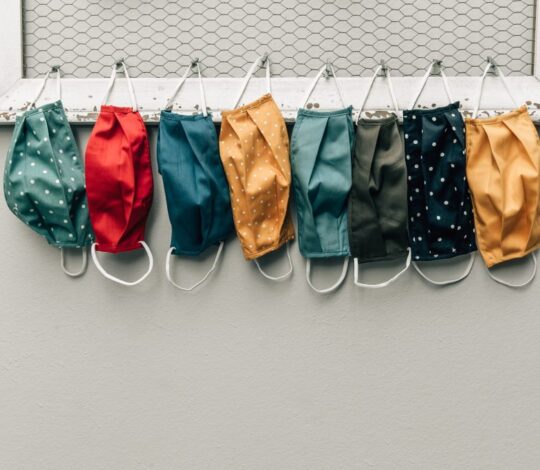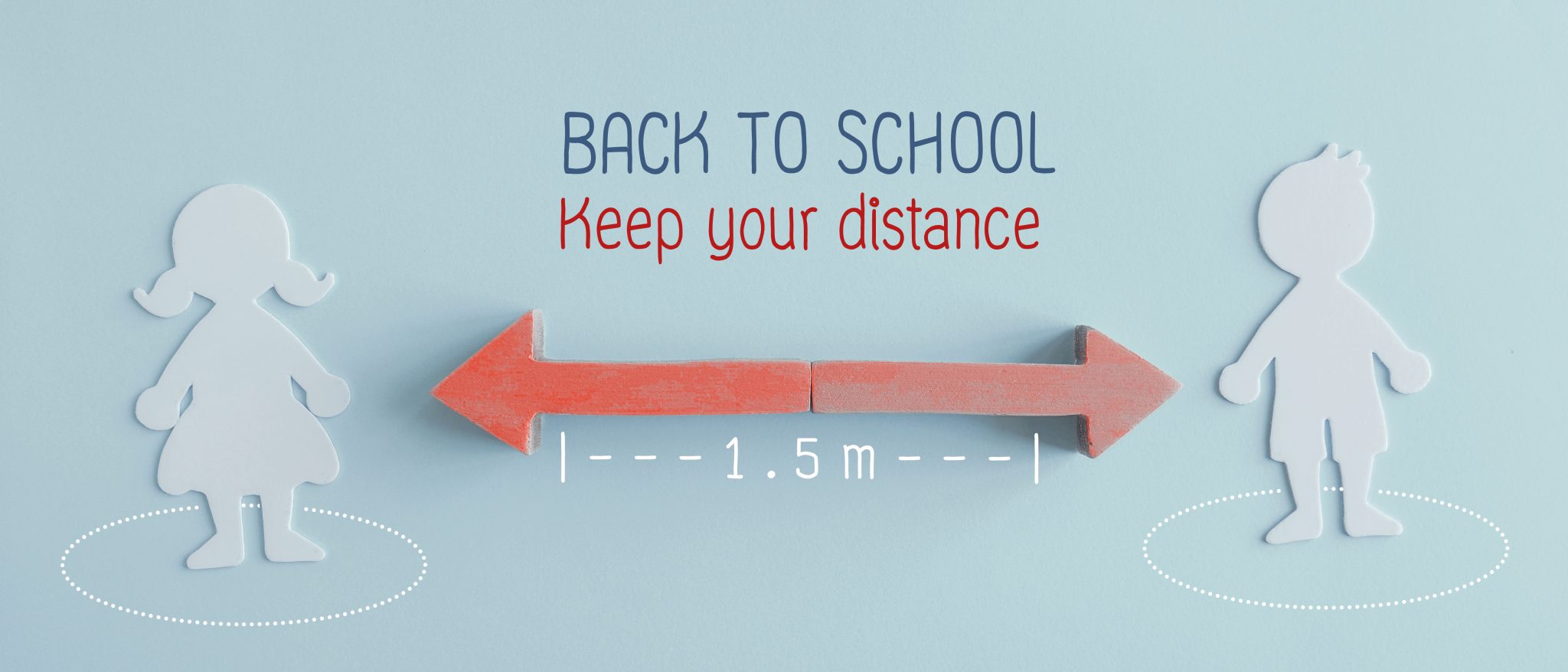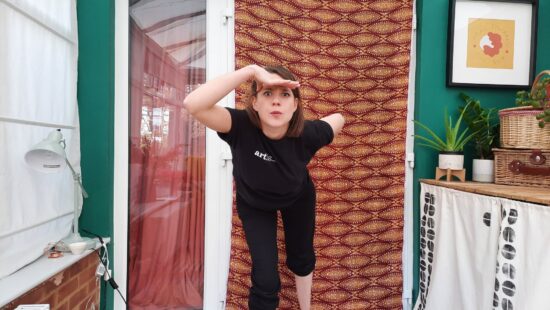No props, no problem!

No props, no problem!
Wellbeing, teamwork and spatial awareness are just some of the key elements at the heart of any Artis session and with professional development being at the heart of all Artis Specialist practice, we felt ready for the challenge. Now, more than ever before, a keen creative approach to these areas is essential to enable staff, children and artists to remain engaged, happy and safe in school.
The news that schools would open in September brought many questions, thoughts and feelings about how sessions with full classes of children would look; No props? No singing? No contact? Distancing? Bubbles? Face masks? Visors?! Much of Drama, movement and music delivery needed to be adapted in order to stay within the guidelines.
Schools and staff responded quickly and Artis Mentors and Specialists with vibrancy and energy. Mentor Leaders popped up online with meetings and Specialists eagerly dialled in to meet, greet, compare ideas, cross check guidelines and safety procedures, ready to adapt and create new material. Artis management and Mentors connected with schools to analyse risk assessments and listen to each school’s policies and needs.
Finally, as Artis Specialists were springing into action in the first week of term, we waited with baited breath each day to hear the first experiences, thoughts and feelings of what it is like out there. How are the children and staff? Did our plans and adaptions work? Are the Specialists feeling happy, safe and able to fulfil their work?
Now, after almost a full term, Artis Specialists are fully ensconced in schools. The ever shifting landscape of rules, guidelines and policies has settled just a little. Schools and artists have become familiar and, in most cases, quite expert with this new way of working. Below are a few top tips for any Artist making their way into schools for the first time:
1. Follow basic guidelines: If you have symptoms, stay at home; wash your hands on arrival and between each group you work with; if you develop symptoms whilst in school, tell the school staff/main contact immediately to enable an action plan to be put in place as soon as possible.
2. Wear a face covering: Face masks and visors: take your own face covering to schools and keep a spare one or two in your bag. Schools will provide visors if they have requested that you wear one. Communication friendly face masks can be helpful as they have a clear exterior revealing your expression for that all-important non-verbal communication. Clear masks will also keep the space around your neck free where a visor might be more restrictive, ensuring safe movement of the spine whilst being more active.
3. Movement around the school: Familiarise yourself with school policy, each individual school will have created their very own Covid Risk Assessment. The schools Covid-safe policy will reflect the outcomes of this and will be extremely valuable to you in terms of how to move around school and what to expect at each moment of the day. Don’t be afraid to ask questions, check in with staff and ask for feedback.

4. Keep your distance: The landscape of each school policy will vary as will the look of each year group or key stage. In KS1 & KS2, some classes will be in school ‘bubbles’, in this case, the children are not needing to distance, contact is allowed between children only and staff and visitors are to stay two meters apart where possible and one meter where two meters is a challenge. Some classes are required to distance, these groups will often be smaller and sometimes a mix of year groups. EYFS groups are not required to distance; see our ‘Distancing with a Difference’ section below for a taster of activities for all groups and scenarios!
5. Props & resources: Your very own props box, for your hands only! If you’re using the same props from week to week, have your very own box with a lid which is kept in school rather than carrying them in and out of school. See our ‘No Props, No Problem’ section in Part 2 of this blog for top tips and activity ideas!
6. Stickers: It can be just as rewarding for a child to see their sticker be planted on a ‘Wall of Wonder’ a ‘Tree of Triumph’ or a ‘Porcupine of Progress’ than it being planted on their jumper! Create something you can bring out in every session which only you handle and make a ceremony of celebrating high quality work!!
7. The unknown: For Artists returning to schools for the first time in the pandemic, new guidelines and structures, the complexities of each school and the differences in each school approach can leave a lot of questions and a sense of feeling daunted by the unknown. Feel safe in the knowledge you are not alone; many Specialists have said that once they’d experienced their first day they felt more secure after learning how things work in schools and had a clearer idea of what to expect.
Watch this space for Part 2 of this blog coming shortly!

